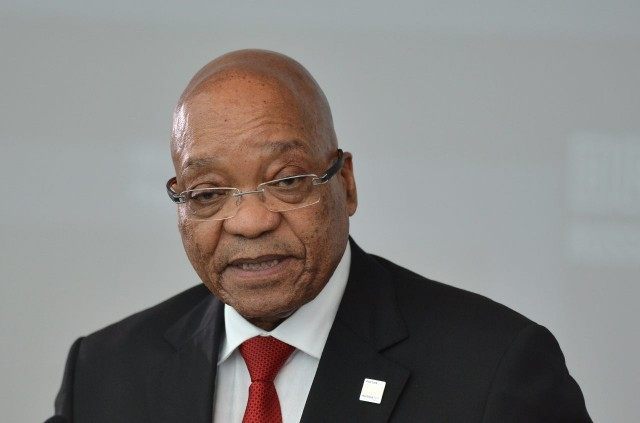South African President Jacob Zuma suffered a rebuke from that country’s Constitutional Court this week, which ruled that he must pay back a portion of the funds spent by the government for upgrades to his personal residence.
In 2014, the Public Protector, an independent investigative office under the South African Constitution, ruled that Zuma owed the state money for renovations that had been listed as security improvements but were mere luxuries.
In response, Zuma’s ruling party, the African National Congress, used its political dominance to push a resolution through the National Assembly, the larger of two houses of Parliament, declaring that Zuma had done no wrong.
The opposition parties took their case to the Constitutional Court, which found that the National Assembly had acted unconstitutionally, and that the Public Protector’s findings would stand, including the requirement of reimbursement.
The judgment, written by Chief Justice Mogoeng Mogoeng, says in part:
One of the crucial elements of our constitutional vision is to make a decisive break from the unchecked abuse of State power and resources that was virtually institutionalised during the apartheid era. To achieve this goal, we adopted accountability, the rule of law and the supremacy of the Constitution as values of our constitutional democracy. For this reason, public office-bearers ignore their constitutional obligations at their peril. This is so because constitutionalism, accountability and the rule of law constitute the sharp and mighty sword that stands ready to chop the ugly head of impunity off its stiffened neck … The President thus failed to uphold, defend and respect the Constitution as the supreme law of the land. This failure is manifest from the substantial disregard for the remedial action taken against him by the Public Protector in terms of her constitutional powers.
In addition to paying back some of the renovation costs, Zuma is also required to pay the legal costs of the two parties that brought the case, the centrist Democratic Alliance and the far-left Economic Freedom Fighters, who are both calling for Zuma’s impeachment.
The ruling is seen as a rare victory for constitutionalism in a country where the ruling party has dominated politics and society for more than two decades since the fall of apartheid, often corrupting state institutions in the process.

COMMENTS
Please let us know if you're having issues with commenting.